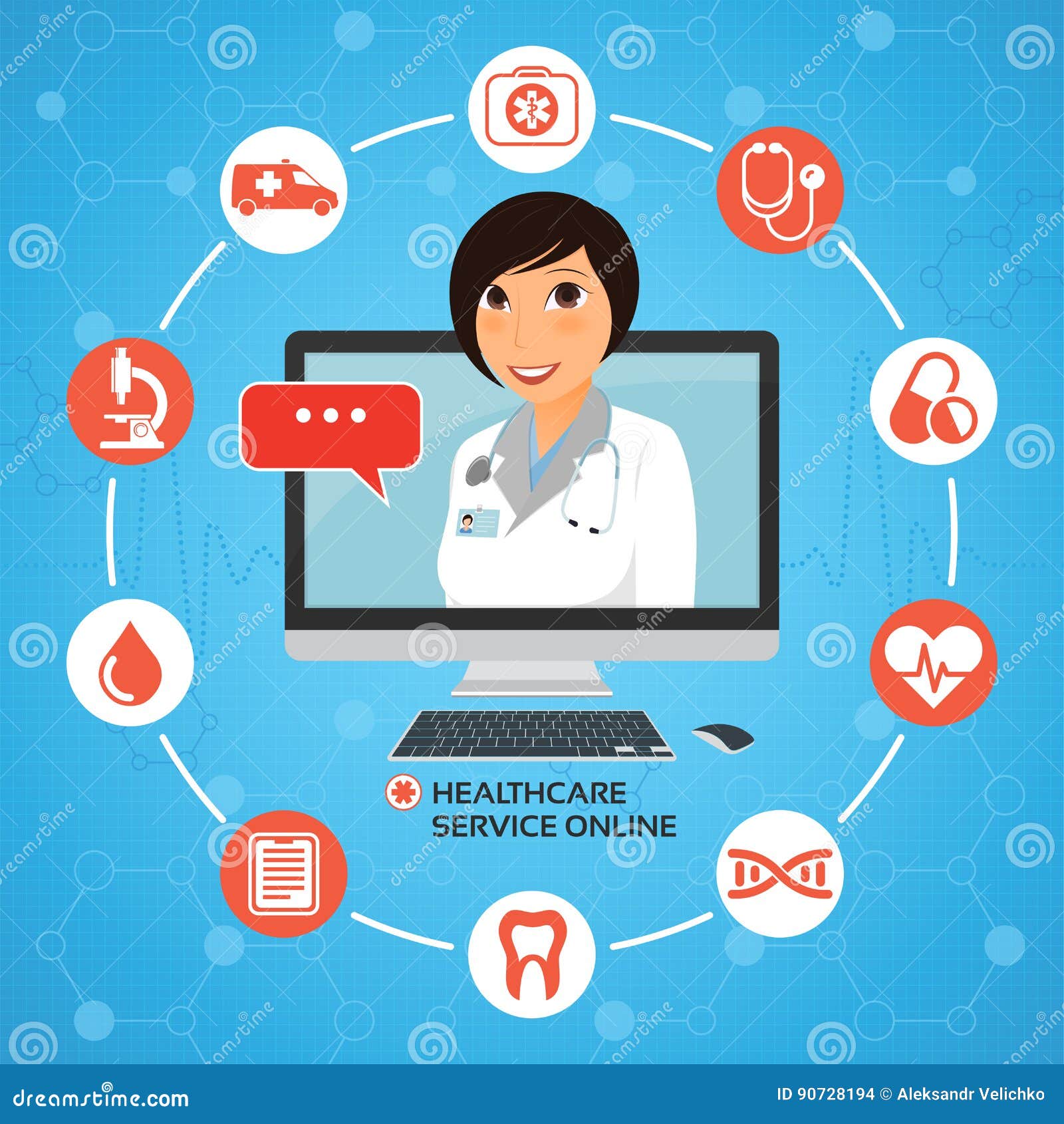The Effect of Subscription Based Healthcare on Standard Medical Practices
The Effect of Subscription Based Healthcare on Standard Medical Practices
Blog Article
Browsing the Future of Medicine With Subscription-Based Health Care Solutions
As the medical care sector progresses, subscription-based solutions arise as an essential design promising to reshape client treatment delivery. With the potential to provide streamlined, affordable solutions via foreseeable prices and customized focus, these services stand at the forefront of modern medical innovation. As we consider their rise, one must contemplate the ramifications of integrating such systems right into existing health care frameworks. What obstacles do they present in terms of information safety and security and fair access, and just how might they redefine the patient-provider partnership? The response to these concerns might essentially change our approach to health care.
Surge of Membership Medical Care
As healthcare systems worldwide face increasing pressures from climbing expenses and need for solutions, the introduction of subscription-based medical care versions has actually arised as a transformative trend. This innovative technique is interfering with traditional health care shipment by supplying a foreseeable, flat-rate payment framework for clinical solutions. Rooted in the concepts of concierge medicine, subscription-based health care permits companies to concentrate on tailored client treatment while concurrently taking care of functional efficiencies.
The enhancing customer need for openness and predictability in healthcare costs has driven the shift in the direction of this design. Subscription-based solutions commonly provide straight accessibility to healthcare specialists, which can minimize the administrative worries connected with insurance coverage claims and reimbursements.
This model is obtaining traction amongst diverse doctor, from health care physicians to specialized facilities, by lining up financial motivations with precautionary and continual treatment. By moving the emphasis from volume to value-based treatment, membership medical care has the prospective to improve the landscape, fostering an extra sustainable and patient-centered method to wellness management.
Advantages for Individuals

Furthermore, subscription-based services typically emphasize precautionary treatment, motivating normal exams and wellness screenings. This proactive method can cause very early discovery of health problems, potentially enhancing results and minimizing lasting healthcare costs for clients. Moreover, such designs usually offer transparent pricing, allowing patients to much better recognize their health care expenditures and stay clear of unanticipated clinical expenses.
The individualized nature of subscription-based health care also enhances person experience. Patients can get customized health care plans that match their certain needs, fostering an extra patient-centric technique. This personalization can bring about enhanced patient satisfaction and adherence to therapy plans. Membership solutions typically integrate wellness programs, sustaining individuals in maintaining general health and wellness. Ultimately, these advantages collectively add to a more reliable, cost-efficient, and patient-friendly health care experience.
Technology's Function in Improvement

Expert system (AI) plays an important duty in anticipating analytics, helping in very early medical diagnosis and tailored therapy plans. AI algorithms analyze substantial datasets to identify patterns that might be forgotten by human observation, thus boosting professional decision-making. Additionally, electronic health and wellness records (EHRs) streamline client information administration, ensuring continuity and comprehensibility of care across numerous services and carriers.
Blockchain technology boosts data security and personal privacy, critical for preserving client depend on in digital platforms. It allows clear and secure purchases of medical information, making certain that sensitive details stays safeguarded. With the combination of machine knowing and AI, blockchain can automate complex medical care processes, lowering administrative worries.
Factors To Consider and obstacles
While innovation propels the abilities of subscription-based medical care services, it also introduces a collection of challenges and considerations that need to be addressed to make sure successful application. One substantial challenge is the equitable availability of these solutions. As registration models commonly depend on digital platforms, there is a danger of exacerbating the electronic divide, leaving people without internet gain access to or digital proficiency. Guaranteeing these services do not disproportionately benefit only tech-savvy and upscale populaces is crucial.
Information personal privacy and protection stand for an additional crucial consideration. Subscription-based solutions often involve the collection and storage space of vast quantities of personal health and wellness details. Companies need to abide by stringent information protection policies to keep client trust and protect against unapproved access, which might lead to significant honest and lawful consequences.
As healthcare requires develop, keeping a cost-effective equilibrium between membership charges and solution high quality is crucial to avoid person frustration and attrition. Resolving these difficulties is essential as subscription-based medical care solutions proceed to progress and increase.
Future Ramifications for Medicine
Subscription-based healthcare solutions are positioned to substantially influence the future her response landscape of medication by reshaping just how care is accessed and supplied. These models supply the potential to democratize medical care gain access to, offering people with even more check my source prompt and tailored treatments. By leveraging innovation, such as telemedicine and data analytics, membership solutions can assist in continuous monitoring and customized wellness monitoring, hence boosting end results and reducing the burden on standard healthcare systems.
As these services gain grip, they can boost a change towards preventative care, emphasizing the value of early detection and administration of persistent conditions. This proactive approach might ultimately decrease healthcare prices by reducing the requirement for expensive therapies arising from late-stage illness monitoring. Additionally, membership designs use a scalable remedy to address differences in health care accessibility, especially in underserved or country populaces.
However, the shift in the direction of subscription-based designs necessitates attending to honest and governing considerations, consisting of data privacy and equitable gain access to. As the sector advances, joint initiatives between policymakers, innovation programmers, and doctor will be more tips here essential to developing robust structures that safeguard client passions while cultivating development. Eventually, these solutions guarantee to add dramatically to a much more effective, patient-centered health care ecological community.

Conclusion
Subscription-based medical care services represent a significant evolution in the medical area, supplying foreseeable costs and customized treatment that boost accessibility and prioritize safety nets. Technical advancements, such as telemedicine and AI-driven analytics, facilitate customized individual experiences, enhancing general health and wellness results. Nevertheless, challenges such as information privacy and fair accessibility should be dealt with to ensure the widespread advantages of these solutions. As the medical care landscape progresses, registration versions are poised to play an essential role fit the future of medication.
As the medical care sector advances, subscription-based solutions arise as a pivotal design promising to reshape individual care delivery.As healthcare systems around the globe face raising stress from climbing prices and demand for solutions, the development of subscription-based medical care models has arised as a transformative trend (subscription based healthcare).With the rise of subscription-based medical care versions improving typical healthcare delivery, clients are starting to experience considerable advantages from this innovative approach. As healthcare requires progress, keeping an economical balance in between membership costs and solution quality is vital to protect against patient frustration and attrition.Subscription-based medical care solutions are poised to significantly affect the future landscape of medication by improving just how care is accessed and delivered
Report this page